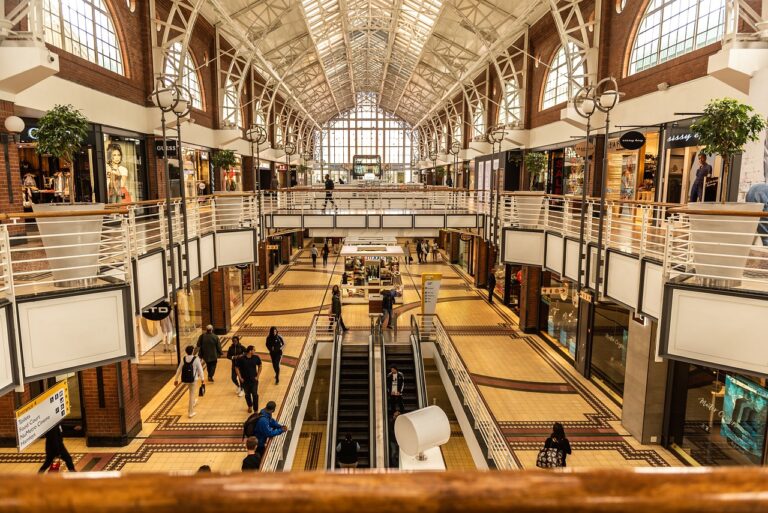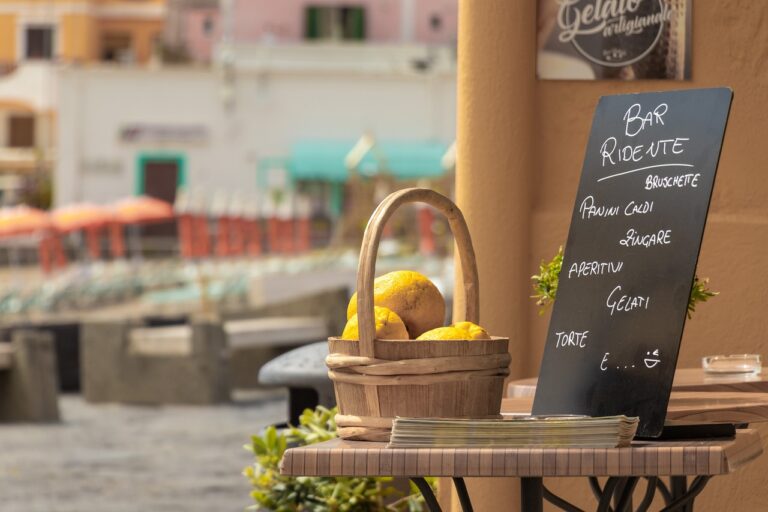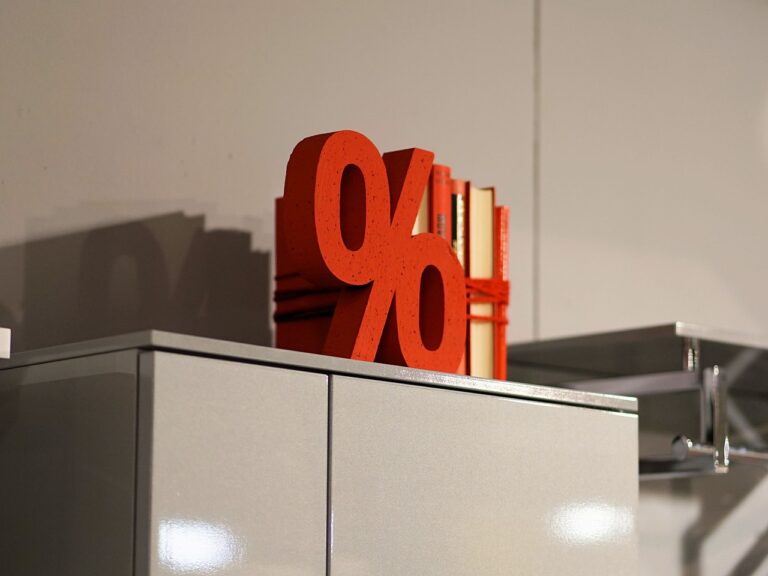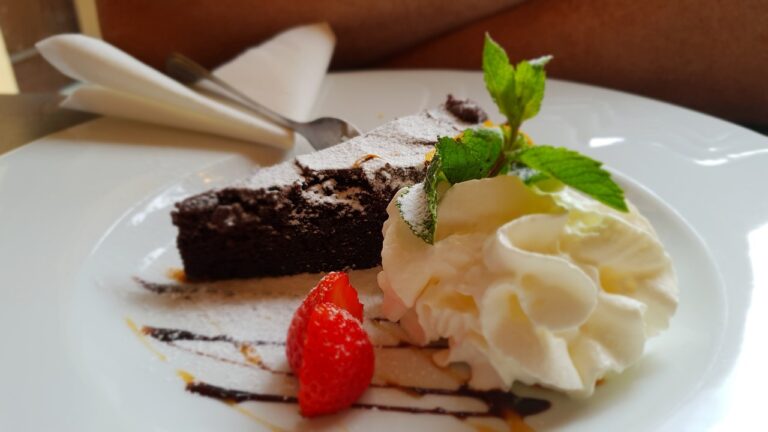Understanding the Psychology of Instrument Ownership
11xplay registration, laser 247com, tiger exchange 247 vip login: Understanding the Psychology of Instrument Ownership
Have you ever stopped to think about why people are so attached to their musical instruments? Whether it’s a guitar, a piano, or a violin, musicians tend to form deep emotional connections to their instruments. But what exactly is it about owning an instrument that makes it so important to music lovers? Let’s delve into the psychology behind instrument ownership.
The Emotional Attachment
One of the main reasons musicians become attached to their instruments is the emotional connection they develop with them. Playing an instrument is not just a hobby for many people; it’s a way to express themselves and connect with their emotions. When a musician plays their instrument, they pour their heart and soul into the music, creating a deep bond between themselves and their instrument.
The Sense of Identity
Another reason why people are so attached to their instruments is the sense of identity they derive from them. For many musicians, their instrument is more than just a piece of wood and strings – it’s a part of who they are. The instrument becomes an extension of themselves, representing their passion, dedication, and talent. Owning and playing a specific instrument can also help musicians feel a sense of belonging to a particular music community or culture.
The Comfort and Familiarity
In addition to the emotional and identity aspects, the comfort and familiarity of an instrument also play a significant role in why people become so attached to them. Just like a favorite sweater or a childhood toy, an instrument provides a sense of comfort and security to its owner. Familiarity with the instrument’s sound, feel, and responsiveness can also enhance a musician’s playing experience and make them more inclined to stick with it.
The Investment of Time and Effort
Owning an instrument is not just about the physical object itself; it’s also about the time and effort that musicians invest in mastering their craft. Learning to play an instrument takes dedication, practice, and perseverance, and the instrument becomes a symbol of the musician’s hard work and accomplishments. This investment of time and effort creates a strong bond between the musician and their instrument.
The Connection to the Past
For many musicians, owning an instrument is also a way to connect to their past and heritage. Whether it’s a family heirloom passed down through generations or a vintage instrument with a rich history, owning a specific instrument can provide a link to the past and a sense of continuity with the musical traditions that came before.
The Joy of Creating Music
Ultimately, the main reason why people are so attached to their instruments is the joy and fulfillment they derive from creating music. Playing an instrument allows musicians to express themselves creatively, connect with others, and experience the sheer pleasure of making beautiful sounds. This joy of creating music is what drives musicians to form such deep and meaningful relationships with their instruments.
In conclusion, the psychology of instrument ownership is a complex and multifaceted phenomenon. From emotional attachment to a sense of identity, comfort, and familiarity, the reasons why people become attached to their instruments are varied and deeply personal. Understanding the psychology behind instrument ownership can help musicians appreciate the significance of their relationship with their instruments and enhance their musical experience.
**FAQs**
Q: Can I develop an emotional attachment to multiple instruments?
A: Yes, it’s possible to have emotional attachments to multiple instruments, especially if you play different types of music or have different instruments for different purposes.
Q: How can I care for my instrument to maintain its longevity?
A: Regular maintenance, cleaning, and proper storage are essential for preserving the life of your instrument. Consult with a professional if you have any specific concerns.
Q: Is it normal to feel guilty for not playing my instrument regularly?
A: It’s common for musicians to feel guilty or anxious about neglecting their instruments. Remember that it’s okay to take breaks and come back to playing when you feel inspired.
Q: Can I customize my instrument to make it feel more personal?
A: Absolutely! Customization such as adding engravings, changing the finish, or upgrading components can help personalize your instrument and make it feel truly yours.
Q: How can I overcome attachment if I need to sell or replace my instrument?
A: It’s normal to feel a sense of loss when parting with an instrument. Remember that the memories and experiences you shared will always be with you, and the new instrument can bring new opportunities for growth and creativity.







